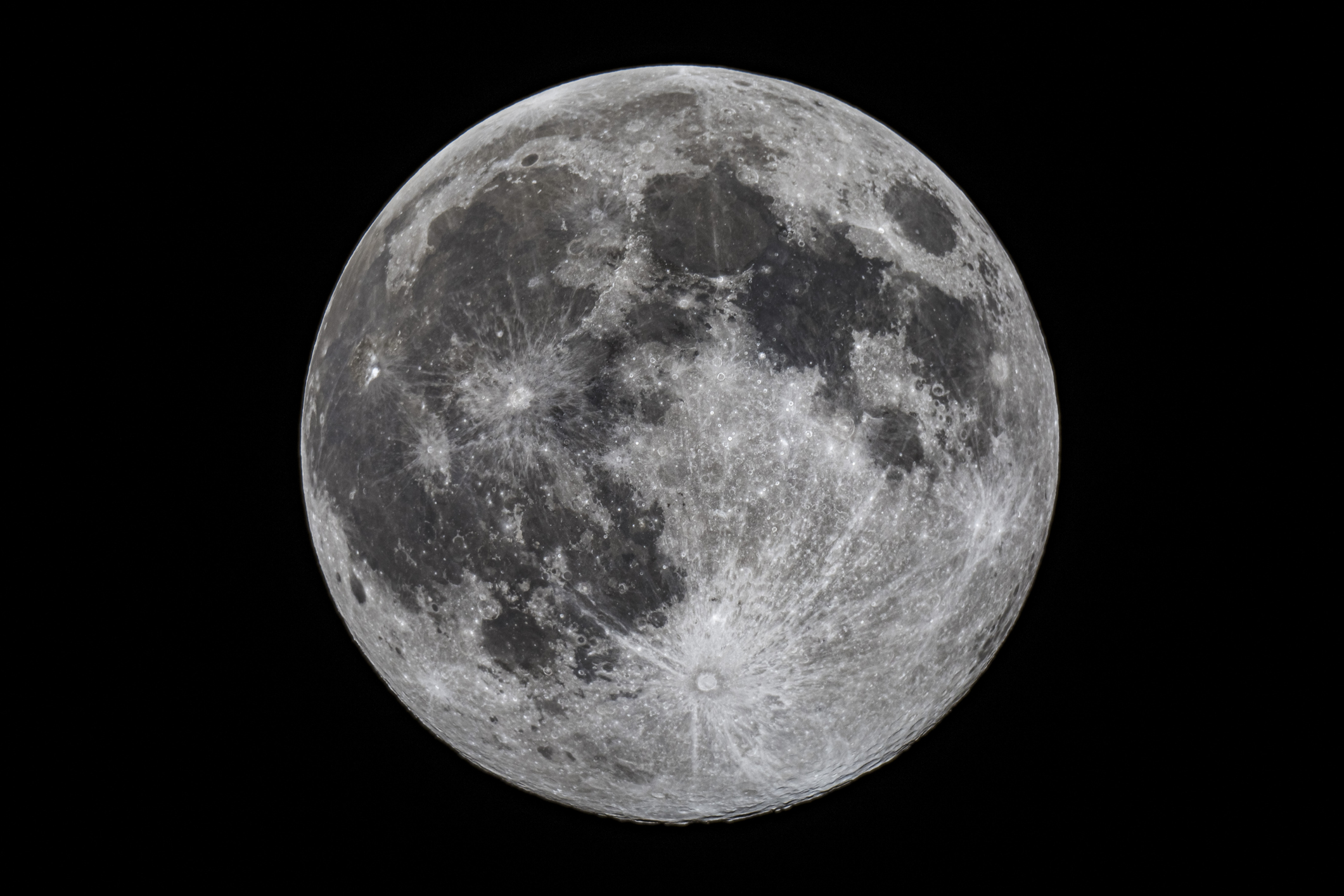I recently learned that on Jan. 8, a rocket will be launched from Florida to the surface of the moon, carrying a lunar lander and the remains of nearly 100 people and also one dog receiving "space funerals." You may be wondering, what is a space funeral? I, too, was wondering this. Although the term space funeral might conjure some drifting cosmic coffin befitting a space prince, it actually refers to the for-profit practice of taking samples of a person's cremated remains and launching them, mournfully, into space. I say samples because no whole person's remains will be going into space, as the average person's ashes weighs about the same as a honeydew melon. Instead, a few grams ceremoniously plucked from the remains of each person, and, in one case, one gram of a dog, will be on board.
The two U.S. companies who will be launching their clients on Monday are called Celestis and Elysium Space. Smartly, Elysium Space does not offer any public information about their clientele, but their website does feature a swanky photoshoot of the "kit containing a custom ash capsule to collect a cremated remains sample, which is carefully and respectfully placed in a dedicated spacecraft module."
Celestis, on the other hand, has a website absolutely full of information and even offers various packages depending on the posthumous space experience you're looking for. Launching remains into space that will return to Earth starts at $2,995. Earth orbit will run you at least $4,995, and the moon or deep space starts at $12,995.
Celestis also publishes profiles of their clients written by their families and loved ones. This is how I know that some of the deceased people who "will fly on board" the Celestis "tranquility memorial spaceflight" have at least an ostensible connection to the moon, or, even better, explicitly expressed desire to go to the moon. But many of the testimonials from the families of the deceased express the comfort they hope to feel by gazing upward to the moon and knowing their loved one is watching over them. That's the great thing about an urn; it can watch over you from the great indoors! In these and other cases, it is unclear what interest the deceased person had in the moon at all, let alone if they knew they would one day be launched toward it.
And this is what brings me to Indica-Noodle Fabiano, who will become the first dog to go to the moon. Per her Celestis profile, Indica was a beautiful brown-and-white service dog who was deeply treasured by her owner, which I can only imagine is the reason why the late Indica is now in the position of finding herself, or a gram of herself, yeeted into the sky and remotely deposited on the surface of the Moon. I have several takes here. The first is simple. Dogs do not belong in space! More precisely, any being, living or dead, that would not understand a journey into space should not be forced to go there for no clear scientific purpose. Besides, don't we all remember Laika? Dogs should get some kind of special protection to ensure they are NOT sent into space. They have done enough!
Secondly, there is nothing inspiring, honorable, or remotely elegiac about littering. I learned this lesson in the third grade! When the remains of a human or a dog remain on Earth, they have meaning and significance to the people around them. On Earth, human remains can be buried or placed in a nice decorative urn on a mantle or scattered in a location where they will not harm to the environment. There are lots of rules around scattering ashes because, it will surprise no one to learn, one person's scattered grandma is another person's trash. When a flight of cremated remains is abandoned on some lunar lander, it opens the door for functionally converting the moon to a dump.
On Dec. 21, the Navajo Nation requested that NASA delay the launch on the grounds that the moon is sacred to theirs and many other Indigenous cultures. "We view it as a part of our spiritual heritage, an object of reverence and respect. The act of depositing human remains and other materials, which could be perceived as discards in any other location, on the Moon is tantamount to desecration of this sacred space," Buu Nygren, the president of the Navajo Nation, wrote in the letter. Nygren also pointed out that NASA pledged to consult with Native nations before it sends any more human remains to the moon, after former Navajo president Albert Hale, protested when NASA sent human remains to the moon.
Of course, the private space companies who have received thousands of dollars to send a flight of human remains to the moon will be sending those remains anyway, along with a slew of other passengers that paid their way to the moon, including the Pocari Sweat Lunar Dream Capsule and one bitcoin. Regardless of its success, the launch will be a fitting tribute not to Indica-Noodle Fabiano but to the capitalist notion that nothing is too sacred for exploitation, and that, for some, the ultimate adventure is merely something to be purchased.






